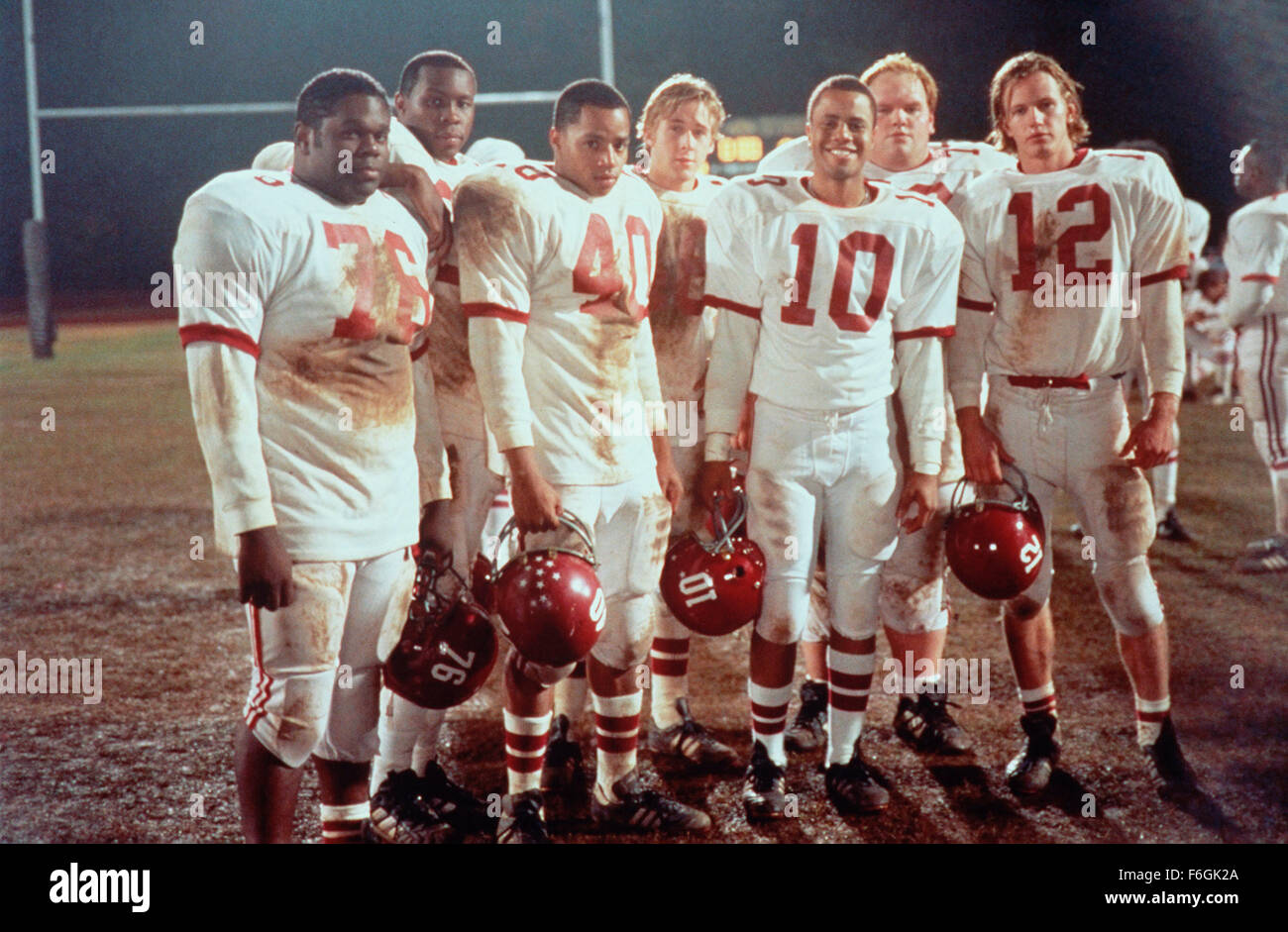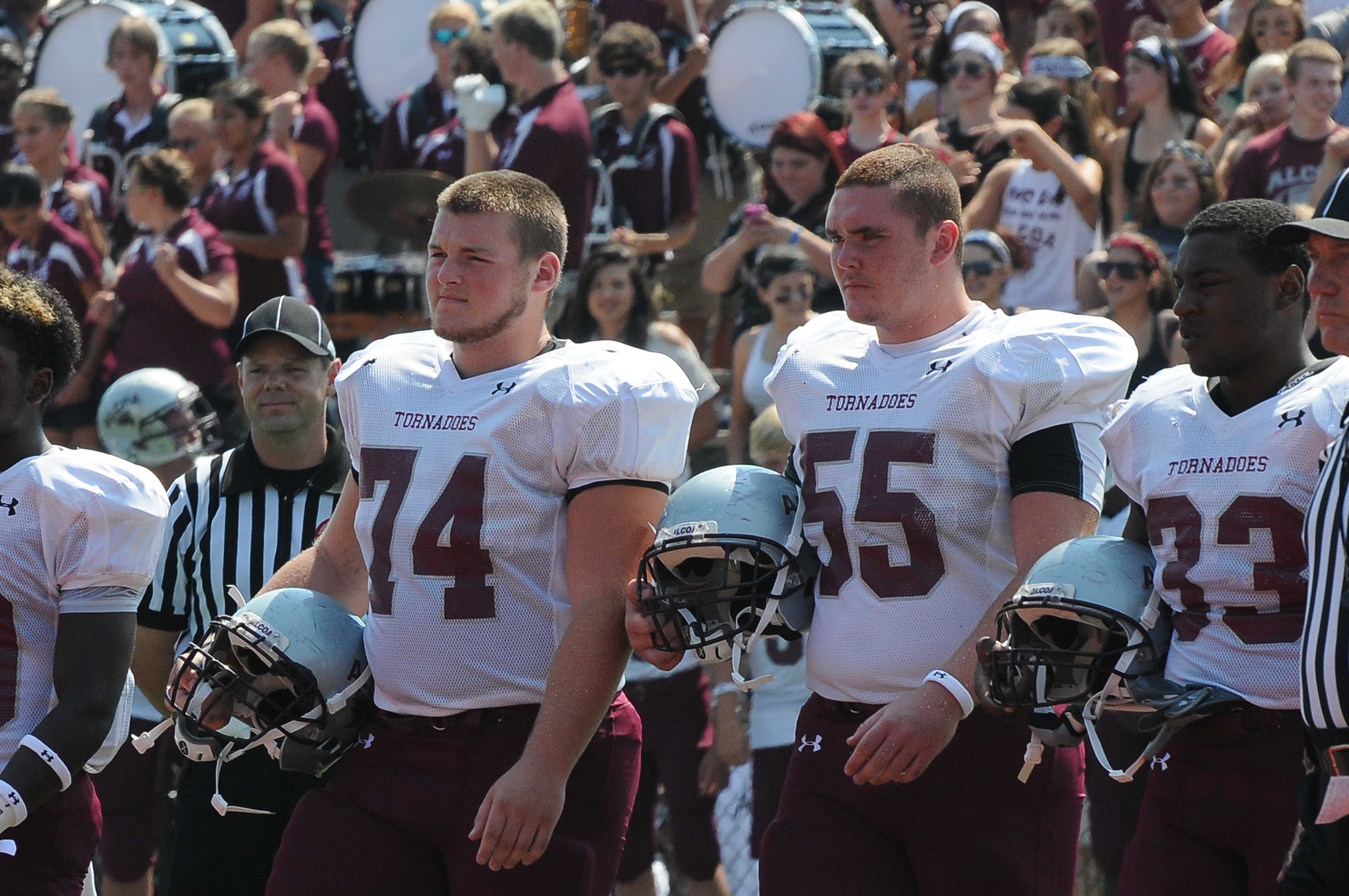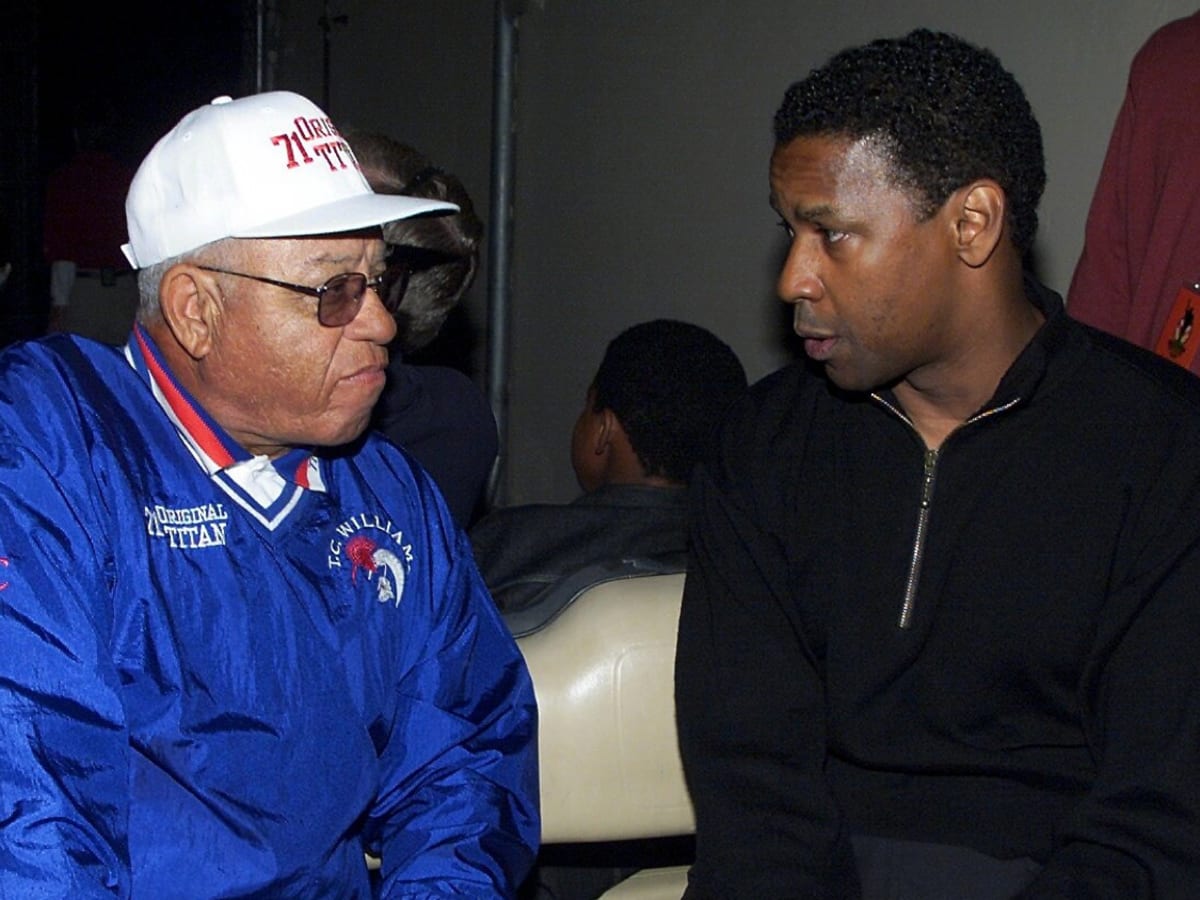Here is a humanized version of your text, followed by the blog post.
***
Humanized Version of the Provided Text
Think about having a really sharp helper for all your information work. This "Julius" character is a very clever assistant who can help you look at your data, make sense of it visually, and even guess what might happen next. You can, you know, just chat with your numbers, ask questions, and get quick responses. There are guides for all sorts of areas, whether you are working with marketing figures, financial reports, or school assignments. Pretty much anything you need to do with information, from predicting sales to checking out survey results, is something this Julius helper can handle. It is like having a personal guide for statistics, working with data, and figuring out calculations. This helper uses a collection of different smart systems to pick the right one for whatever you are doing, and it actually puts things into words for you. For anyone tackling math problems, from shapes and angles to equations, this Julius is, apparently, a favorite for students. It is also a leading free tool for folks who work with data or do research. You can even get it to create R and Python code for things like ANOVA or linear regressions in just moments. After that, you can explore other guides to see if your particular questions have been addressed. That is just how helpful Julius is. And for those doing research, you can, in a way, sum up academic papers and do statistical analysis all in one spot. Its main strength is how it makes working with data something everyone can do.
- Asx1coм
- Pathivara Temple Trekking
- Dashboard Roblox
- How To Subscribe To Chatgpt Plus From Iran
- Lara Rose Leaks Erome
***
The story of T.C. Williams High School's 1971 football team is, you know, more than just a sports tale; it is a profound look at overcoming differences and finding common ground. At the heart of this truly powerful narrative, captured so vividly in the movie "Remember the Titans," stands the figure of Julius Campbell. He was, in a way, a pivotal player whose journey on and off the field continues to resonate with audiences across generations. This particular film, very much loved by many, brings to life the real-world challenges and triumphs faced by a community striving for unity amidst significant social change.
The portrayal of Julius Campbell in "Remember the Titans" goes beyond the typical football hero. It shows a young man grappling with racial tensions, forming unexpected bonds, and ultimately, you know, becoming a leader who helped bring people together. His relationship with Gerry Bertier, another key player, is, like, a central thread that shows how individuals from different backgrounds can forge deep connections through shared experiences and mutual respect. Their evolving friendship is, in some respects, a powerful symbol of what the team, and the community, could achieve when they set aside their prejudices.
- Openai Chatgpt Plus Iran Payment
- Buy Chatgpt Plus Iran Payment
- Openai Chatgpt Subscription Availability Iran
- Who Is Tatum Oneal Married To Now
- Honey Toon Teach Me First
Even years after its release, the movie's message, and Julius Campbell's role within it, remains very relevant. It serves as a reminder of the strength found in unity and the courage it takes to challenge the status quo. People often remember the Titans not just for their undefeated season, but for the lessons they taught about character, teamwork, and breaking down barriers. Julius's story is, quite simply, a core part of that enduring message, showing how one person's commitment can inspire a whole group to move forward.
Table of Contents
- Biography of Julius Campbell
- Who Was Julius Campbell Beyond the Football Field?
- The Real Story Behind Remember the Titans
- What Made Julius Campbell's Leadership So Special?
- The Impact of Julius Campbell on the Titans Team
- How Did Julius Campbell Influence the Movie?
- Julius Campbell's Legacy and Community Connection
- What Can We Learn from Julius Campbell's Journey?
Biography of Julius Campbell
Julius Campbell was, in fact, a real person, a formidable defensive end for the T.C. Williams High School football team in Alexandria, Virginia, during the early 1970s. Born into a community undergoing significant social shifts, particularly with school desegregation, Julius found himself at the center of a historical moment. His athletic prowess on the field was, you know, undeniable, making him a key player in the Titans' undefeated 1971 season, a season that culminated in a state championship.
Away from the gridiron, Julius was a student, a friend, and, as the story shows, a young man navigating the complexities of identity and belonging in a changing world. His experiences, both personal and as part of the integrated football team, shaped his character and, quite frankly, left a lasting mark on those around him. The movie "Remember the Titans" brought his story, and the story of his team, to a global audience, allowing millions to witness the challenges and triumphs of that remarkable year.
After high school, Julius continued his education and, in a way, remained connected to his community. While the film focuses primarily on his high school years, his life extended far beyond that pivotal season. He carried the lessons learned from the football field into his adult life, often speaking about the importance of unity and overcoming prejudice. His commitment to these values was, you know, a consistent thread throughout his life, showing how the lessons from that one season truly stayed with him.
Personal Details and Bio Data of Julius Campbell
| Full Name | Julius Campbell |
| Born | 1953 |
| Died | January 25, 2019 |
| Hometown | Alexandria, Virginia, USA |
| High School | T.C. Williams High School |
| Position | Defensive End |
| Jersey Number | 81 |
| Notable Achievement | Member of the undefeated 1971 T.C. Williams High School State Champion football team |
| Portrayed By | Wood Harris in "Remember the Titans" (2000) |
Who Was Julius Campbell Beyond the Football Field?
Beyond his formidable presence as a defensive end, Julius Campbell was, you know, a young man with a strong sense of self and, quite frankly, a clear understanding of the world around him. He was not just a player; he was a leader, someone who, as a matter of fact, understood the weight of the social changes happening in Alexandria. His character in the movie, and from what we understand of the real person, showed a deep commitment to his teammates, even when it was difficult. He was someone who spoke his mind, which, in those times, took a fair amount of courage.
His interactions, especially with Gerry Bertier, were, like, a window into the broader struggles of the time. It was not always easy, as you can imagine, for two young men from different backgrounds to find common ground. Yet, through their shared dedication to football and, eventually, to each other, they forged a bond that transcended the racial divides of the era. This relationship, in a way, highlights Julius's capacity for empathy and his ability to see beyond superficial differences. He was, basically, a person who understood the importance of looking at someone for who they truly were, rather than just their skin color.
In his life after high school, Julius continued to be a valued member of his community. He worked for the city of Alexandria for many years, showing a consistent dedication to the place that shaped him. He was, you know, known for his generosity and his willingness to help others. The lessons learned on that football field, about teamwork and overcoming adversity, apparently stayed with him and guided his actions throughout his adult life. He was, in short, a person who lived the values he helped establish on that historic team.
The Real Story Behind Remember the Titans
The movie "Remember the Titans" takes some creative liberties, as films often do, but the core story it tells about the 1971 T.C. Williams High School football team is, you know, very much rooted in reality. The integration of the city's schools brought together students from previously segregated institutions, leading to a period of intense social adjustment. Football, in this context, became more than just a sport; it was, in a way, a crucible where these young men were forced to confront their biases and learn to work together.
The real coach Herman Boone and coach Bill Yoast, portrayed by Denzel Washington and Will Patton respectively, did indeed lead the team. Their leadership was, quite frankly, instrumental in fostering unity among the players. The training camp, depicted in the movie as a place of intense bonding and conflict resolution, was, apparently, a critical period for the team to come together. The challenges they faced, both internal and external, were very real, and their undefeated season was, basically, a testament to their ability to overcome these hurdles.
While specific events and dialogues in the film might be dramatized for cinematic effect, the spirit of the team, the friendships formed, and the broader impact on the community are, as a matter of fact, genuinely reflected. The movie captures the emotional truth of that time, showing how a group of young athletes, led by dedicated coaches, managed to find common ground and achieve something truly special amidst a period of significant social upheaval. It is, you know, a story that continues to resonate because its underlying message about unity and perseverance is so strong.
What Made Julius Campbell's Leadership So Special?
Julius Campbell's leadership on the 1971 T.C. Williams High School football team was, in a way, unique because it was born out of genuine respect and a willingness to confront uncomfortable truths. He did not shy away from calling out his teammates, including Gerry Bertier, when he felt they were not giving their all or were allowing prejudice to affect their play. This directness, which some might have found off-putting, was, in fact, a crucial part of his effectiveness. He was, like, someone who demanded honesty and commitment from those around him.
His famous line, "attitude reflects leadership, captain," delivered to Gerry Bertier, perfectly captures his approach. It was not just about what was happening on the field, but about the mindset that permeated the entire team. Julius understood that true leadership meant setting an example and holding everyone, including himself, accountable. He was, basically, a person who believed that if you wanted to win, you had to win together, and that meant addressing issues head-on, even when it was difficult.
Furthermore, his leadership evolved throughout the season. Initially, there was, you know, friction, but as he and Gerry, and the rest of the team, learned to trust each other, Julius's influence grew. He became a bridge between different groups, helping to foster a sense of shared purpose. His ability to connect with others, despite initial animosity, showed a remarkable maturity and a deep understanding of what it took to build a truly cohesive unit. He was, in short, a leader who understood that unity was not just about playing together, but about truly caring for one another.
The Impact of Julius Campbell on the Titans Team
Julius Campbell's impact on the 1971 T.C. Williams High School football team was, quite frankly, immeasurable. He was not just a talented defensive player; he was a catalyst for change within the squad. His early interactions, especially with Gerry Bertier, forced the team to confront the racial tensions that were, you know, bubbling beneath the surface. By addressing these issues directly, he helped to clear the air and create an environment where genuine teamwork could, in fact, begin to flourish.
His willingness to challenge the status quo and demand respect for all players, regardless of their background, set a very important tone. This was, in a way, a crucial step in transforming a group of individuals into a unified force. When Julius and Gerry eventually formed their strong bond, it became, basically, a powerful example for the rest of the team. It showed that if these two, who started with so much animosity, could find common ground, then anyone could.
The Titans' success on the field was, in some respects, a direct reflection of their growing unity off it. Julius's contributions to this unity were, you know, central. He helped create an atmosphere where players felt like they belonged, where they were truly fighting for each other. This sense of brotherhood, which Julius played a significant role in fostering, was, apparently, what made them so formidable and, as a matter of fact, allowed them to achieve their undefeated season and state championship. His presence helped shape not just the team's performance, but its very spirit.
How Did Julius Campbell Influence the Movie?
The character of Julius Campbell in "Remember the Titans" is, you know, very much inspired by the real person, and his story heavily influenced the narrative of the film. The screenwriters and producers, in a way, recognized the profound impact of Julius's journey, particularly his evolving friendship with Gerry Bertier, as a central theme for the movie. This relationship serves as the emotional core of the film, illustrating how personal connections can, basically, overcome deeply ingrained societal divisions.
Wood Harris's portrayal of Julius captured the intensity, the pride, and the eventual warmth of the real individual. The dialogue and scenes featuring Julius were, apparently, crafted to highlight his role as a strong personality who, quite frankly, demanded respect and ultimately fostered unity. His famous exchanges with Gerry, like the one about "attitude reflects leadership," are, in fact, iconic moments that underscore the movie's message. These scenes, in some respects, were crucial in conveying the challenges and triumphs of that period.
While the movie does take creative liberties for dramatic effect, the essence of Julius Campbell's character – his strength, his integrity, and his pivotal role in bringing the team together – remains very true to the spirit of the real events. His story provided a powerful human element to the historical account, making the film relatable and deeply moving for audiences. It is, you know, a testament to his real-life impact that his character became such a central and memorable part of the film.
Julius Campbell's Legacy and Community Connection
Julius Campbell's legacy extends far beyond the football field and the silver screen; it is, in a way, deeply rooted in the community of Alexandria, Virginia. He remained a resident of the city for his entire life, showing a consistent connection to the place that shaped him. His story, as told in "Remember the Titans," became a source of pride and, you know, a symbol of what can be achieved when people work together to overcome differences.
Even after the movie's release, Julius continued to be an active presence, often participating in events that celebrated the team's history and its enduring message of unity. He was, in fact, a living reminder of the courage and determination that defined that 1971 season. His willingness to share his experiences helped to keep the story alive and relevant for new generations, ensuring that the lessons learned from that time were not forgotten. He was, basically, a person who understood the importance of carrying forward a message of hope and togetherness.
His passing in 2019 was, quite frankly, met with sadness in Alexandria and among fans of the movie worldwide. Tributes poured in, highlighting his impact not just as an athlete, but as a person who embodied the spirit of reconciliation and friendship. Julius Campbell's life stands as a testament to the idea that sports can, in some respects, be a powerful force for social good, and that the bonds formed on the field can truly last a lifetime. He leaves behind a truly inspiring story of personal growth and community contribution.
What Can We Learn from Julius Campbell's Journey?
- Teach Me First Manga Honey
- Best Time To Visit Pathivara
- Dylan Dreyers Family
- How To Subscribe To Chatgpt Plus In Iran
- Conan Obrien Siblings



